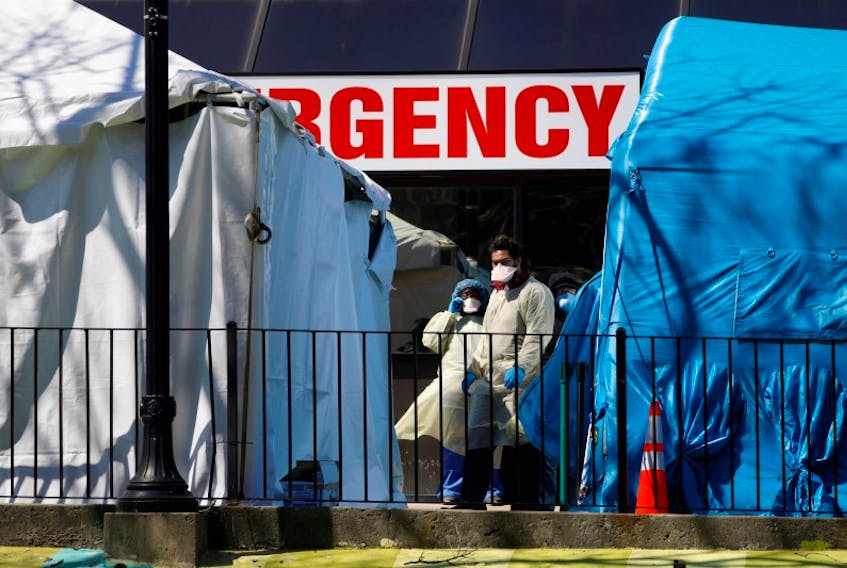Virus infections are frequently in the news. The coronavirus (COVID-19) has been in the news for months. It seems to be a new virus, probably formed from a mutation of another virus.
Some think it had previously been found in farm animals and got transferred to humans.
Viruses are small microorganisms, approximately 100 nanometres in size, much too small to be seen by a naked eye.
They come in various shapes and are protected within a protein type sheath. A virus requires a host cell into which it can penetrate — in a sense it acts like a parasite
The “food” source for the virus is the host cell, which is part of a human being. The time taken between the initial COVID-19 viral infection and the first release of the second generation of COVID-19 viruses is about 24 hours. In simple terms, if the amount of initial infection is very small, the human body has a chance to quickly build up an antibody or antibodies to stop the infection.
If the amount of infection is larger, the human body cannot react fast enough and a prolonged viral infection sets in. If antibodies can multiply faster than the virus can multiply, the human body can rid itself of the virus and, later, can fight the same virus another time through the antibodies that were made from the initial infection.
At the time of infection the human body has a two-fold task; to build up antibodies and to replace infected cells.
The key is to minimize infection by the virus.
One way is to avoid coming into contact with an infected person — ie: stay clear of that person.
Keep a distance from that person – a recommended two metres away. How do you know that person is infected? You may not know, but you may be suspicious (eg: if you suspect the person has recently been outside the province, or is persistently coughing, or is sweating, or if the person really looks ill, or some combination of all.) Avoid contact with such a person, and also avoid contact with non-infected persons (you may unknowingly be a carrier) — no shaking hands, no hugging, no sharing items.
Why do some people appear not to get infected and why do some people get infected and eventually fight off the infection and why do some people succumb to the infection?
Some answers were given above.
In addition, some people may be more susceptible than others because of a less-than-optimum immune system (eg: babies and toddlers and the elderly or those with compromised health, such as recovering from an operation.) Some people, because of a less than adequate diet, may have one or more deficiencies in their diet. Some people may be taking medicine for another condition and that medicine may have a beneficial or detrimental effect on the COVID-19 virus.
In general, practice good hygiene.
When I was working in an abattoir many decades ago, the entrance and inside washrooms were covered with large signs such as “do not forget to wash your hands” or a frightening enlarged image of a microorganism.
Both my mother and mother-in-law, who lived well into their 90s, died as a result of a common viral infection.
Viruses can enter the human body through the mouth, nose, eyes or a skin opening such as a cut.
Such entrances can be blocked by a face mask, eye goggles and covering up an open wound, however small.
As COVID-19 affects the lungs a high-quality face mask offers good protection.
Do not forget how physically active you are. A good physical condition may help you survive a virus attack.
Whatever the medical authorities tell you, take heed, to protect yourself and others.
(Note: This letter is not meant to give medical advice, only very basic scientific information. For medical advice consult your family physician.)
Ian McMaster
St. John’s








